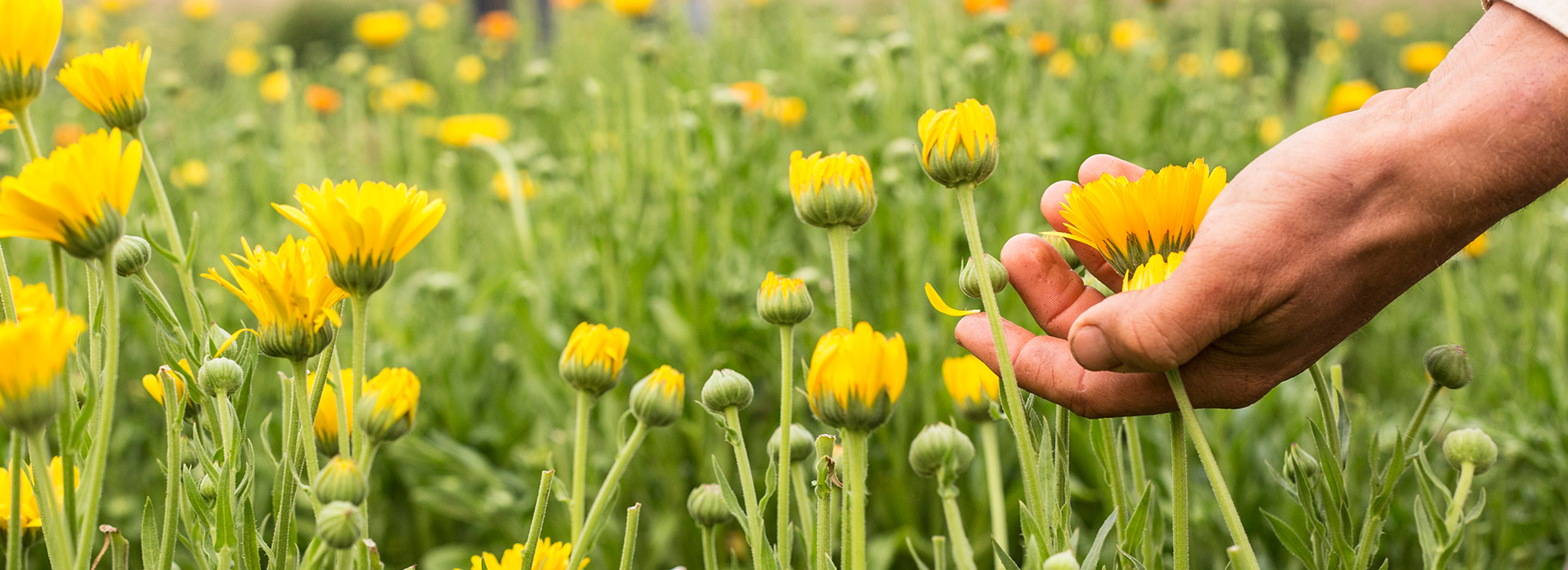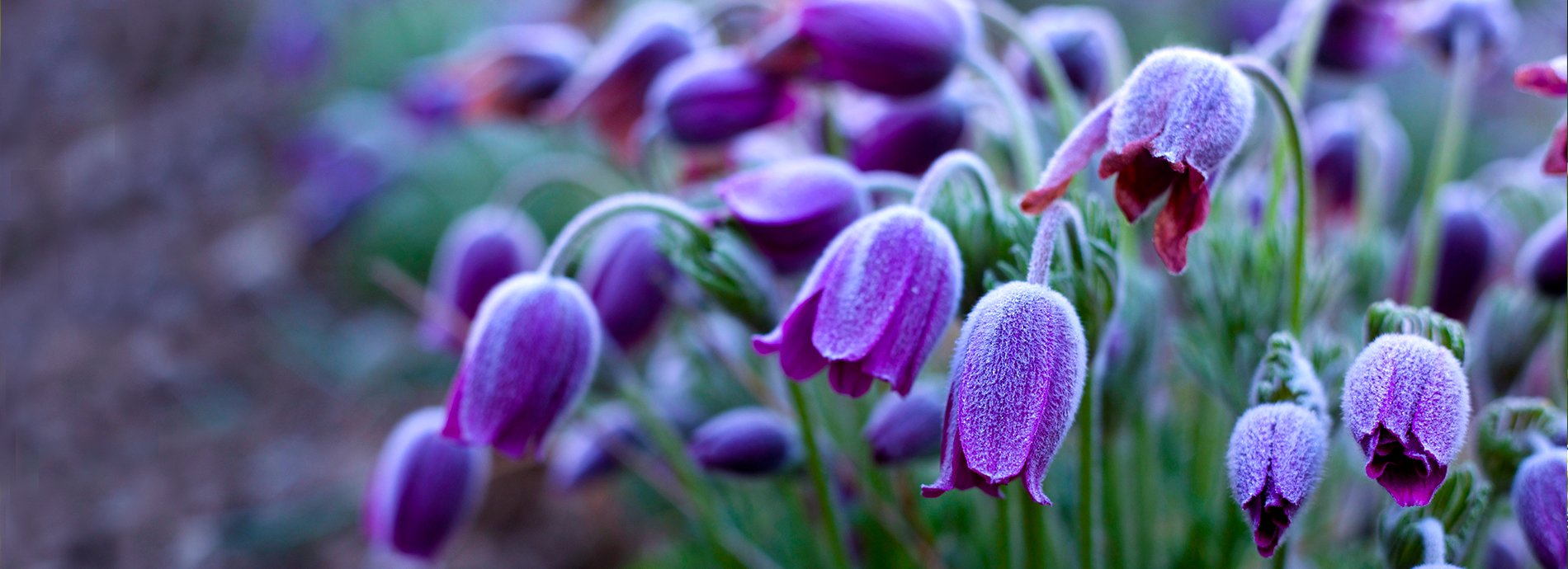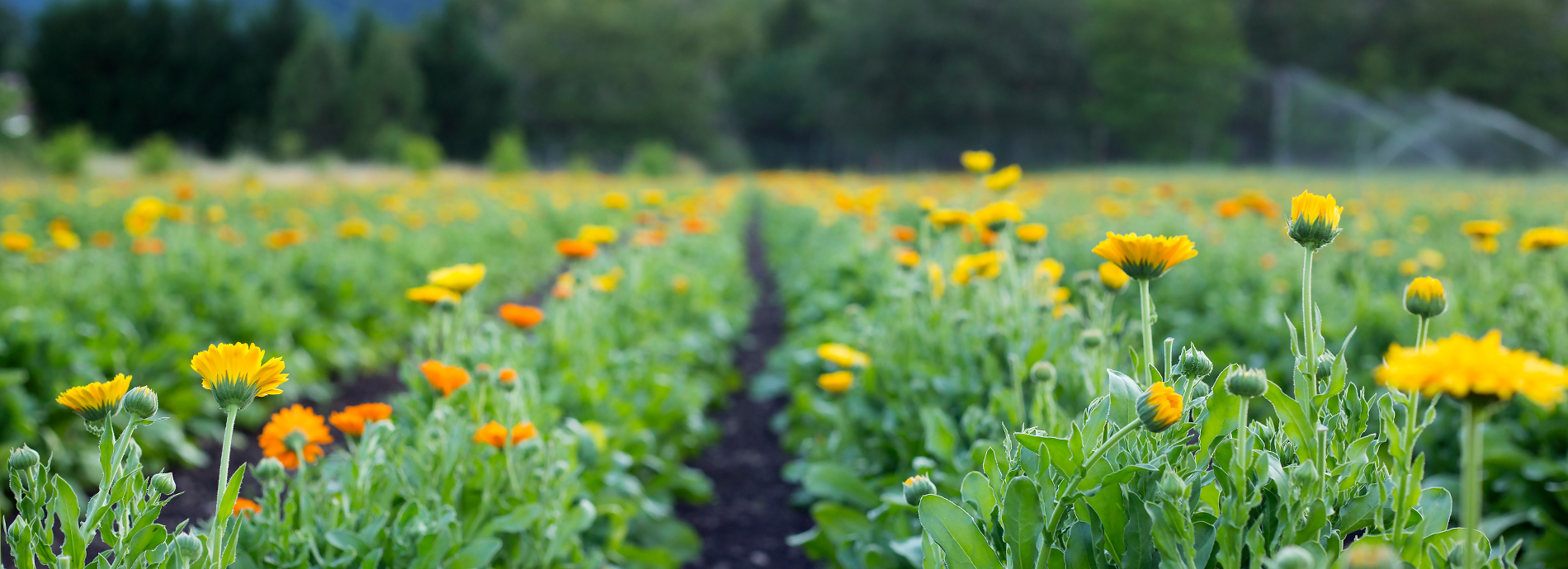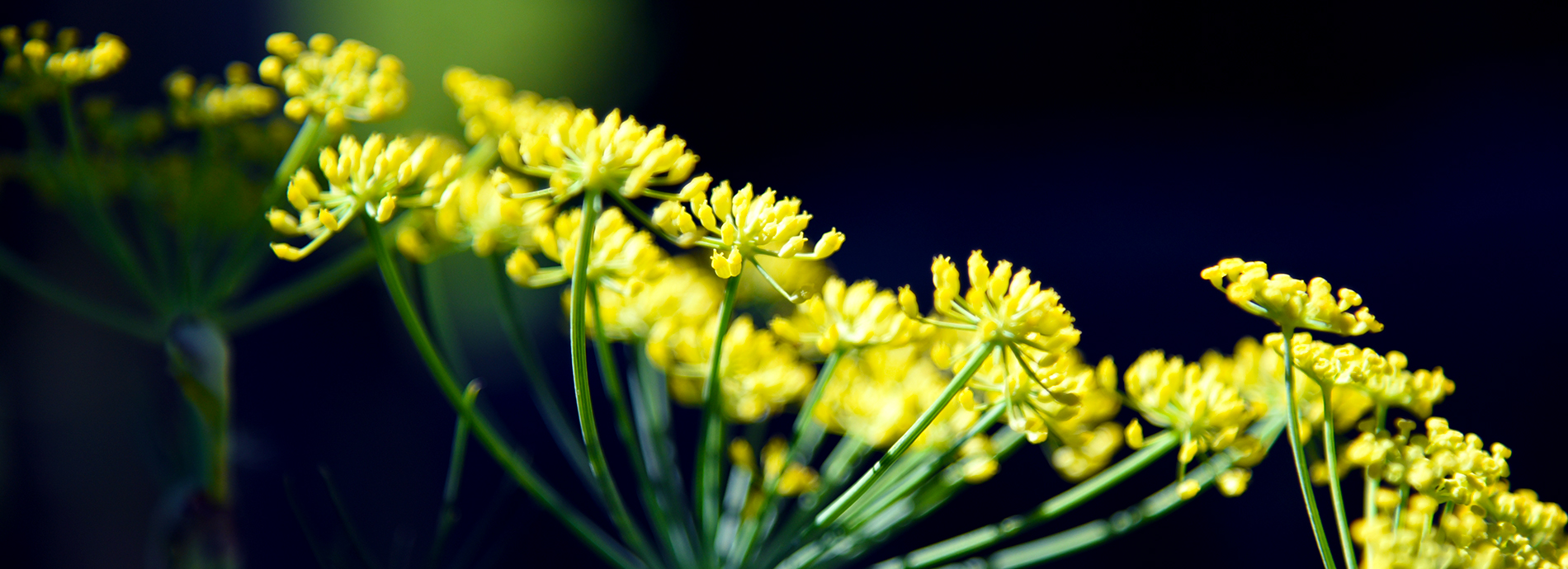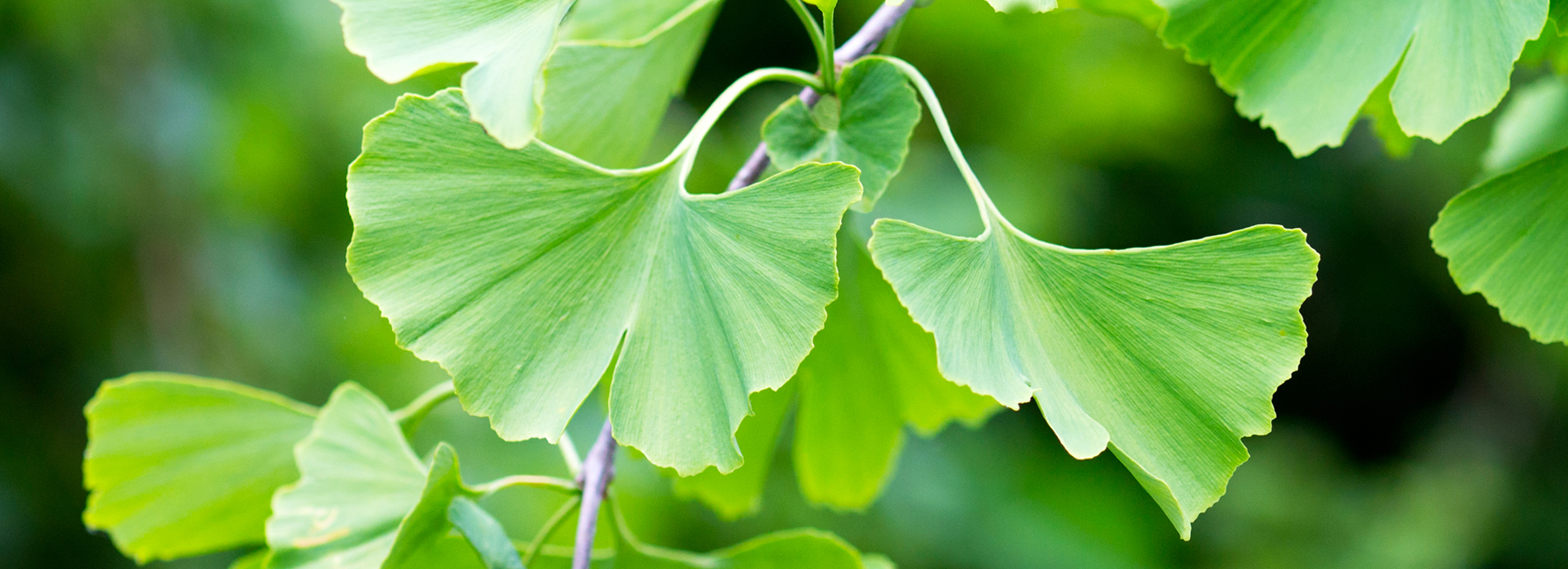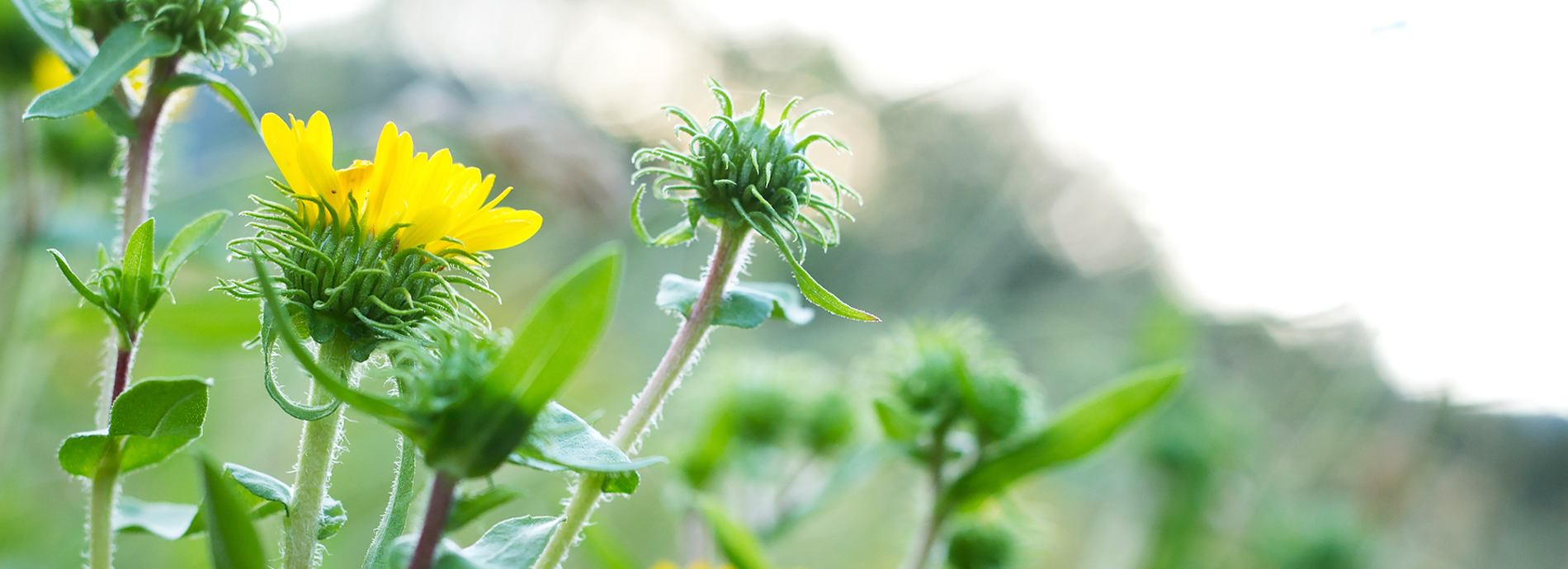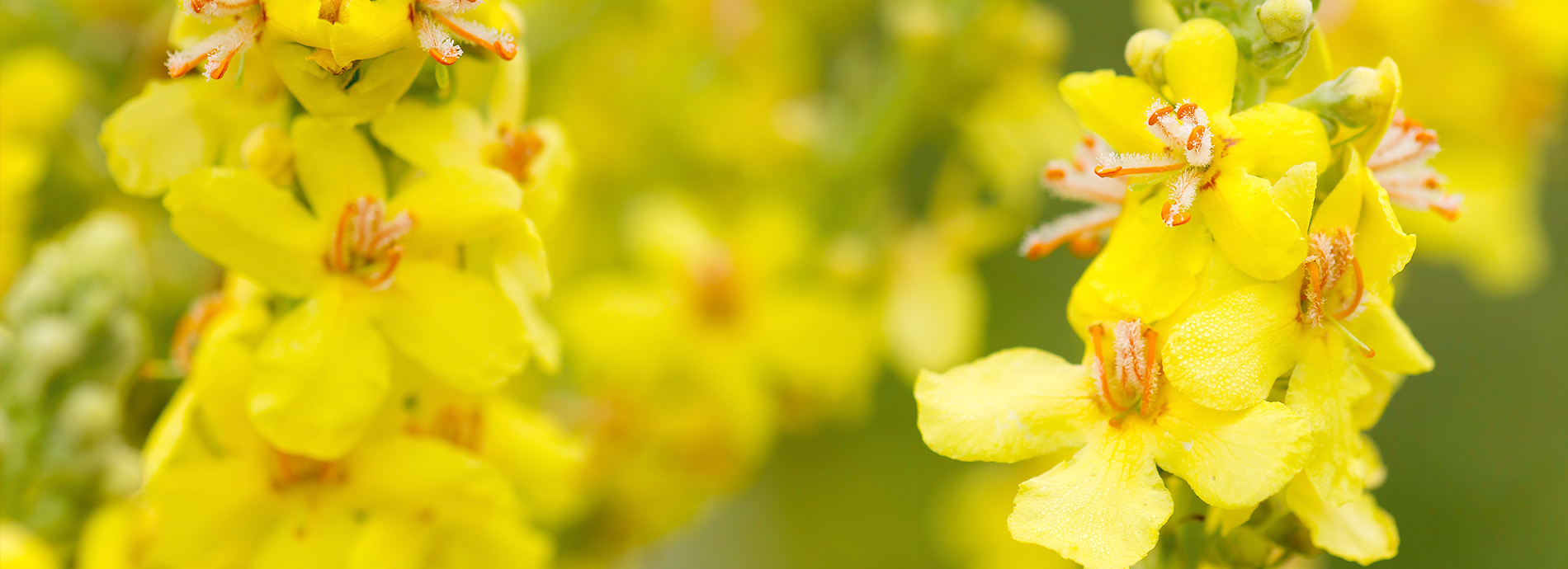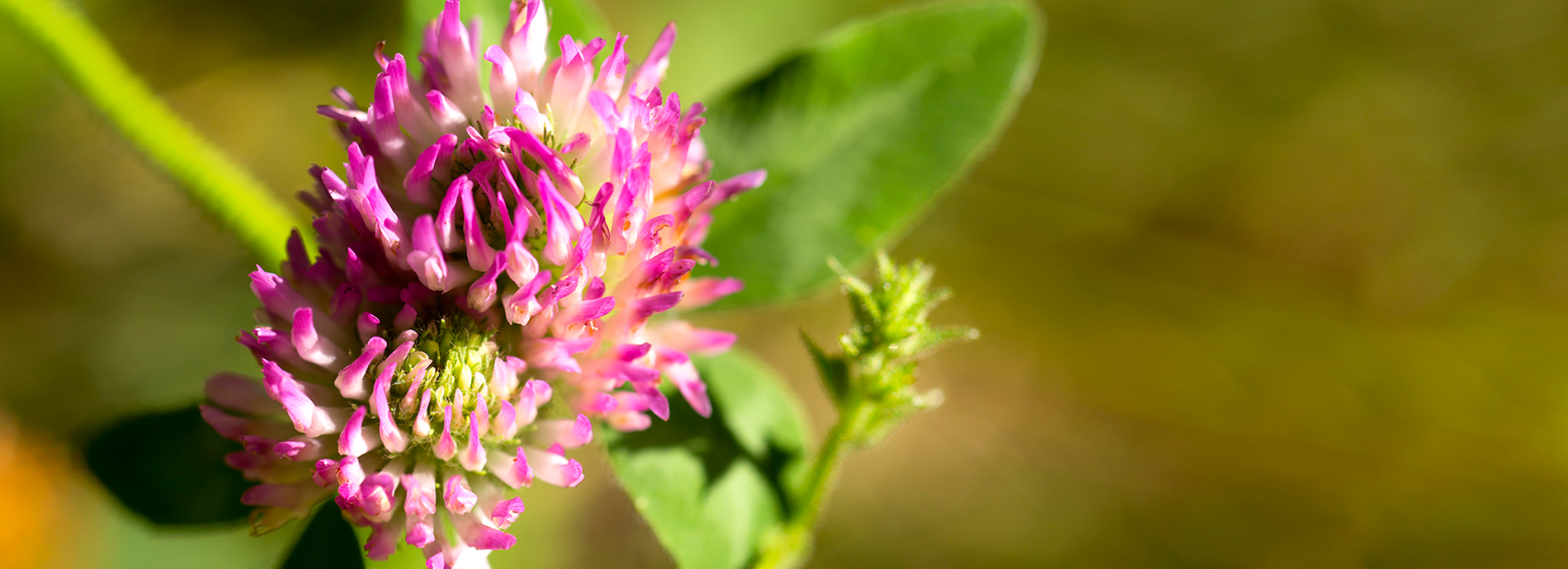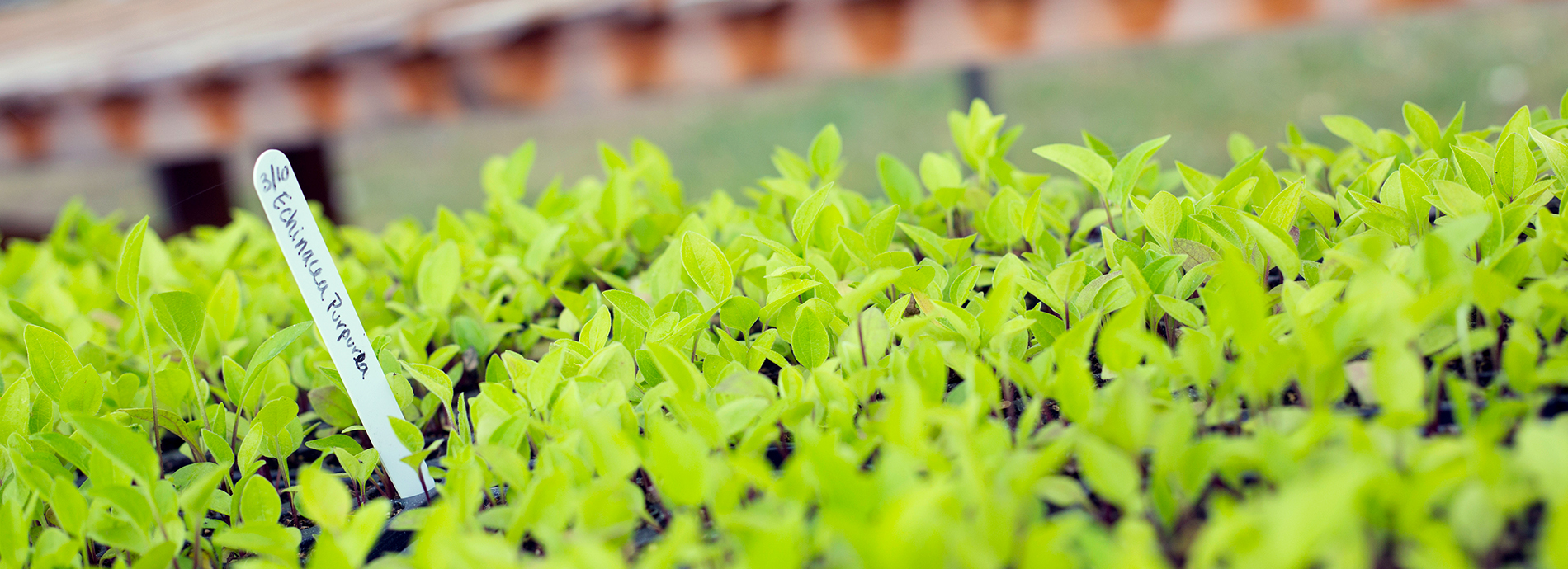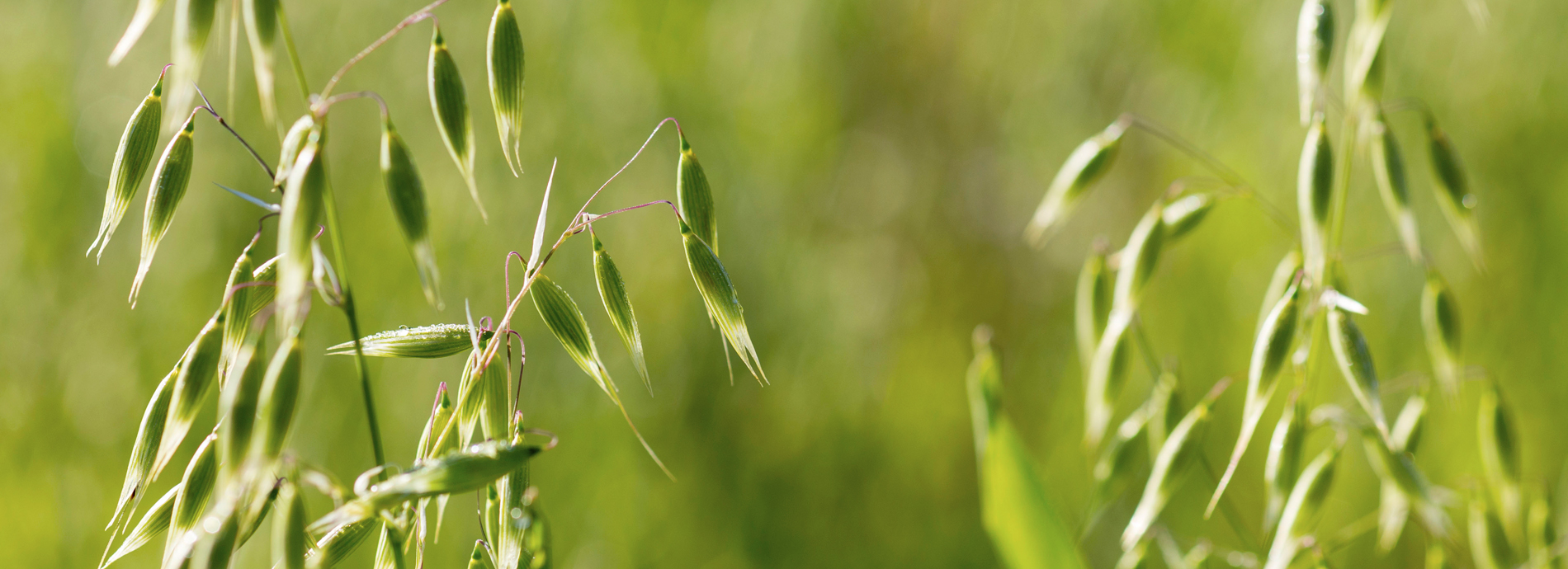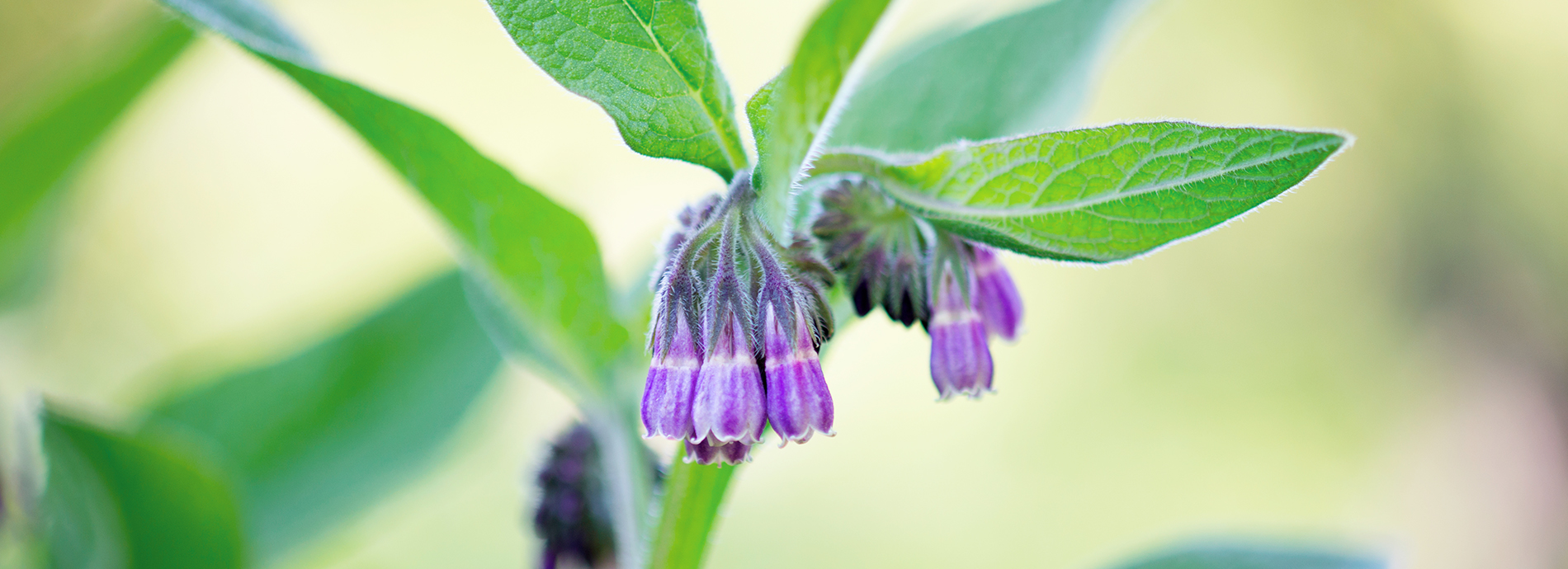A Long-Term Relationship
Humans have a long-term relationship with herbs. Generation after generation, we’ve relied on them as a source of wellness, and after millennia of taking them, our bodies are used to the stimuli. This relationship profoundly connects us with nature, our environment and with our own history.
And yet, the deep connection between humans and plants goes beyond the time we’ve spent together. Plants are made up of hundreds of constituents. They are sensitive and intelligent. They can communicate with each other, learn from the past and sense when we humans are around. Their natural complexity supports our own.
The Effects are Real
There’s a range of effects that herbs can have on our systems. They can impact us emotionally and physically. While some are better for immediate needs, others aid in developing wellness over the long-term. They can be restorative, and also be used to help bring systems back into balance. A specific herb may have multiple effects and those impacts may vary somewhat from person to person. Like many healthy choices, they work best when paired with other healthy habits like eating right, exercising and getting good sleep.
The Original Super Food
It can be helpful to think of herbs as an extension of food. We all know that eating well is good for us and that plants play a major if not exclusive role in our diet. Herbs take dietary health to the next level. They deliver a wide range of beneficial phytochemicals to our bodies that we would not get otherwise.
Echinacea (Echinacea purpurea) Flower
Keep Learning
One great thing about herbalism is that there’s always more to know. Explore the benefits of our liquid herbal extracts:

